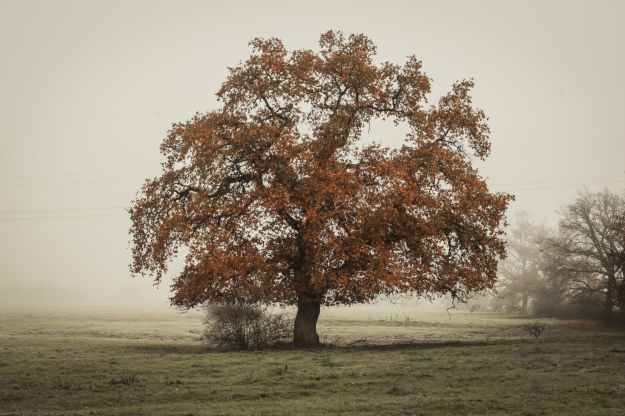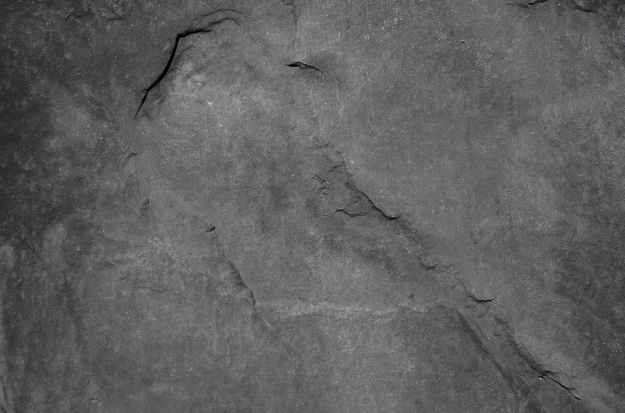
Photo by Sebastian Beck on Pexels.com
A friend of mine, a pastor, posted on Facebook the other day that her four-year-old, at the end of what had been for him a very bad day, lamented, “Jesus forgot to help me today.”
Boy did this hit hard for me. I can only imagine how those words felt to her.
But “Jesus forgot to help me today” sounds remarkably biblical. Like something a psalmist would say.
Another friend of mine, pastor and theologian Samuel Wells published an article offering theologically and spiritually healthy ways one might respond to the pandemic. (See link below.) My favorite sentence – because it is the most Sam-like expression of British understatement – is: “Best-laid plans are having a lean season.”
Indeed they are. I am on sabbatical this spring semester and I had wonderful sabbatical-related travel plans, including a trip to New Orleans that coincided perfectly with my daughter’s break between spring semester and internship, giving me several days to spend with her. Having had to lay aside such plans, it isn’t hard to feel that Jesus forgot to help me – to help all of us – this spring.
And yet,…
I also read a helpful reflection on Psalm 137 – which is a pretty horrible psalm actually. It is a lament over the destruction of Jerusalem, but it ends with the psalmist declaring, “Happy shall they be who take your little ones and dash them against the rock!” (vs 9). To call this a lament is perhaps a bit understated (maybe something today’s British and ancient Hebrews had in common). It is arguably the angriest of the imprecatory Psalms. It is one I have always found impossible to pray.
And yet,…
What I read today was a reflection on the second verse, “On the willows there we hung up our harps.”
Israel was lamenting their captivity and yet they had not destroyed their harps, they had not forgotten their harps. They hung up their harps. Why? In the hopes that they would one day play their harps again.
And yet,…
Our world has changed. Vacations have been cancelled, weddings postponed, loved ones buried. But what have we hung up? What is hanging, waiting in hope for days that aren’t overshadowed by the darkness of COVID-19? Family dinners? Celebrating the Eucharist with your church family? Sporting events? Entertainment?
We have perhaps hung up many good and holy things, things we love and long to return to, waiting for the “and yet” of God. Because our God is full of “and yets”.- Israel was taken into captivity, and yet God was with them and delivered them.
– Daniel was thrown into a lion’s den, and yet God was with him and delivered him.
– Jonah was swallowed by a giant fish, and yet God delivered him to Ninevah and delivered Ninevah through him.
– Esther was a woman with no power who could have been killed by the king, and yet God saved Israel through her.
– Jesus was hung on a cross to die, and yet he is our resurrected Lord, God the Son, who has delivered us from the power of sin, death, and the devil.
The entirety of the Christian faith is predicated upon “and yet.” Resurrection is not automatic; dead really is dead. And knowing that people are suffering and dying really is horrible. There is no way to make it ok.
And yet my faith tells me there are still, and will still be “and yets” moments.
– People are dying in ICUs, and yet healthcare workers are helping the dying facetime with their families and promising them they will not die alone.
– People are suffering economically – many are hungry, even homeless, and yet people are donating time and goods to homeless shelters, to food banks, to the Cherokee reservation (which has had to close its borders because of the disproportionate incidence of illness it has experienced), and to neighbors.
It may indeed feel like Jesus has forgotten to help us. And our very best plans may indeed have a very lean season.
And yet, we have hung up our harps, in the sure and certain hope that God has not and will not run out of and yets.
Link to Wells article: Practices of Resistance


